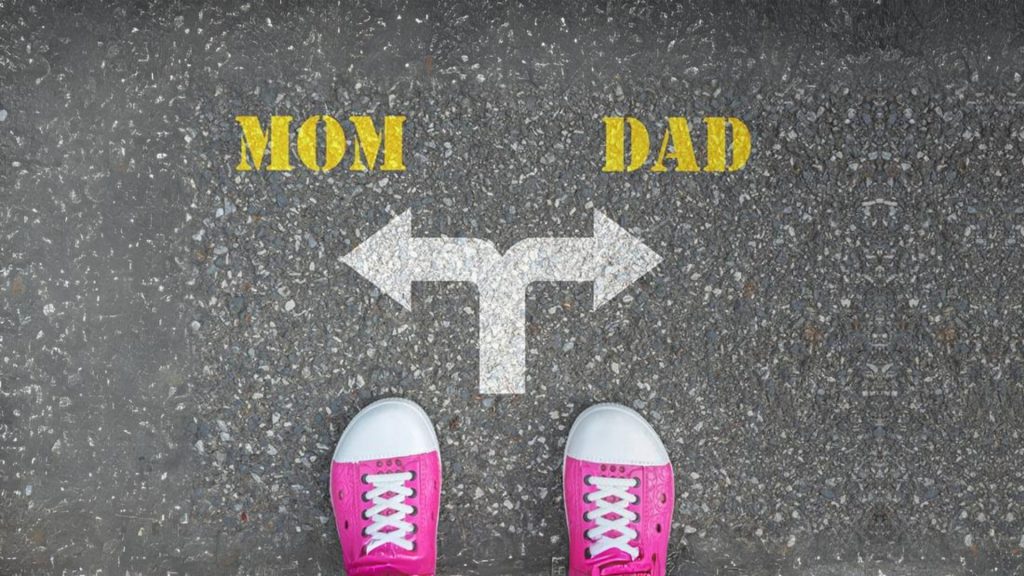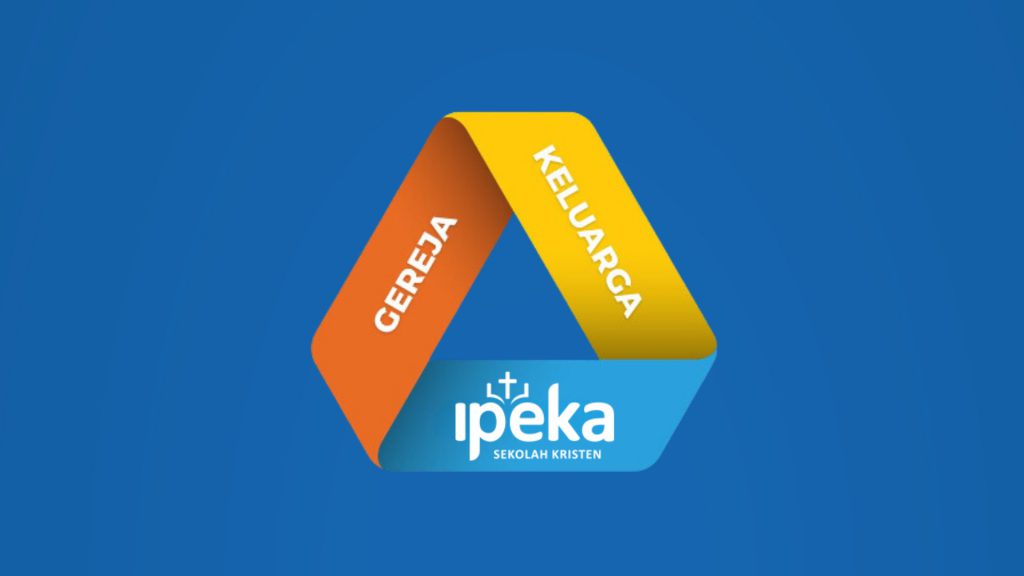How to Teach Teens About Healthy Finance
The teenage years are tough, not just for the parents, but also for the teens themselves. They are expected to follow along with their friends’ lifestyles or risk becoming undesirable to them. They are still learning to manage their emotions, and sometimes may find it challenging to think rationally.
We know that while it’s not easy, teaching our children about financial management from an early age is important. So what is the best way to teach teens about healthy finance?

Teaching Teens about money: Many approaches with a few common goals
Finance is completely personal, as it is a part of lifestyle choices. There are many ways parents can interact with children in the context of managing money. Some parents give out monthly allowances and give their children the task to budget and save. Other parents only give allowances when their children ask.
There is not one single way to teach children how to approach money, but it is all correct as long as the end goal is to teach the following:
- Nothing is free and every choice has a cost and opportunity;
- Just because we want something now, doesn’t mean we need it, now or later.
- We should buy something that is useful, not just appealing.
Delay purchase and discuss the reasoning behind the purchase
Teens should learn to look beyond the price tag, and look at the realistic cost of buying or not buying. Let’s take a look at one case. Your teen wants to buy a new pair of branded sneakers. Telling your teenager to buy the cheapest available alternative isn’t necessarily the best way to teach teens about financial responsibility.
Your job is to make your teenager aware of the costs and benefits of purchasing new shoes. The first and foremost task of a parent is to prevent impulse buying and to have a calm talk with your teen. Ask him or her some questions such as:
- What’s wrong with your current sneakers?
- What should we do with your current sneakers?
- How would buying the new pair of sneakers make you feel?
- Do you need to buy anything else first that is more urgent?
It’s important for teens to incorporate critical thinking into their purchase decisions. Buying a new pair of sneakers will not just cost money. Your teen must also take the time to maintain them, and spend some more money to repair them. Your teen should also be responsible for the old pair of sneakers and not forget about them to collect dust in the storage room.
Your teen must also learn to think about the impact of the purchase. They may look cool now, but would they still be valuable in the future? How should your teen use the sneakers to put them to beneficial use (e.g. do more sports)? Is there any other value that is offered by the new sneakers other than aesthetics?
These questions should push your teenager into becoming rational, but more importantly, happy buyers. In a world where it’s becoming normal to be unhappy, rather than being thankful, about what we have now, critical thinking and financial management are increasingly important skills to have.
Becoming wiser individuals
At IPEKA Integrated Christian School (IICS), we strive to guide balanced individuals. These are individuals that have empathy and use emotional intelligence to understand people and society, but also use critical thinking and logic to make important decisions.




